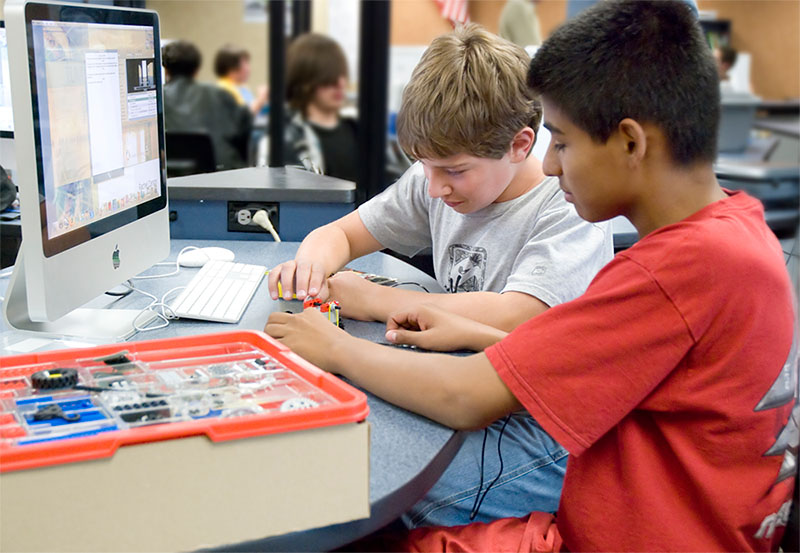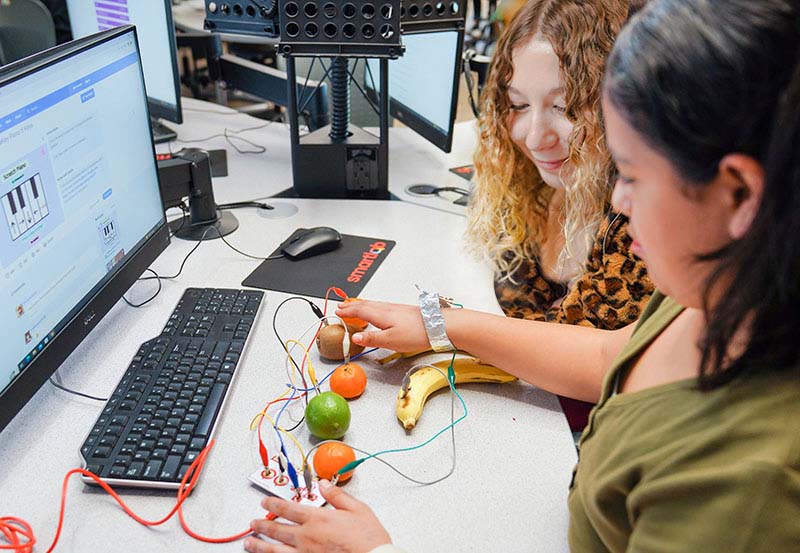College and Career Readiness: From Thriving to Surviving
Technology skills are only one part of STEM/STEAM
“We are becoming an economy based on power skills.”
In the midst of my research around college and career readiness, it was this statement in a human resources article that made me pause – and not for the reason you might expect.
It is the shift from, ‘These are the skills that we know students
Haley Ruman
need to thrive in all areas of life,’ to ‘These are the skills that
students need for basic economic survival.
This month, I won’t be sharing practical tips for your SmartLab HQ; instead, I’m asking you to pause and inviting you into a conversation about the harsh reality of employability.
There are endless definitions for college and career readiness. Yet, whether it’s from a US state, an academic researcher, or an educational organization, most definitions are – at the core – very similar. They almost always identify the need for 1) core academic knowledge and 2) the non-academic skills and mindsets we know as 21st Century skills, soft skills, “power skills,” etc…
For most educators, this is nothing new.
We know learners need to be able to read and write, add and estimate, and understand their geographic place in the world. We can debate the need for everyone to know why the limit doesn’t exist in the final problem of the academic decathlon in Mean Girls, but we can all agree that everyone needs to acquire a fundamental set of skills and knowledge to function in the workforce and the world.

And every educator is aware of how much students need to learn collaboration, communication, critical-thinking, and self-management skills–especially after the last two years. We see it every day as learners struggle to make sense of new problems, manage their emotions to persevere in challenging situations, and demonstrate pro-social behavior with their peers both in the classroom and in the hallways.
So why did this statement, “We are becoming an economy based on power skills…” make me pause?
The U.S. labor market has changed dramatically in the last 50+ years. As companies leverage technology to automate routine tasks, what kind of work is left for our students? The demand for employees performing non-routine interpersonal and analytical tasks has risen significantly.

To compete in this market, learners can’t just skate by with academic knowledge and technical skills from education and training programs. They must ALSO have skills in “design thinking, agility and flexibility, communications, empathy, and management.”
It is the shift from, “These are the skills that we know students need to thrive in all areas of life,” to “These are the skills that students need for basic economic survival.”
In a world where the needs and requirements are immense and time is limited, how do we ensure every learner graduates high school with a fundamental academic knowledge-base, a robust set of power skills, AND a post-secondary pathway to develop the technical skills for these non-routine jobs–jobs that may not even exist yet?
It’s not by doing the same thing we’ve always done. It’s by making learning different.
How can these three core elements of success intersect in school? How are learners developing these power skills? Join us on the Facebook group and share with us what this looks like in your school!





